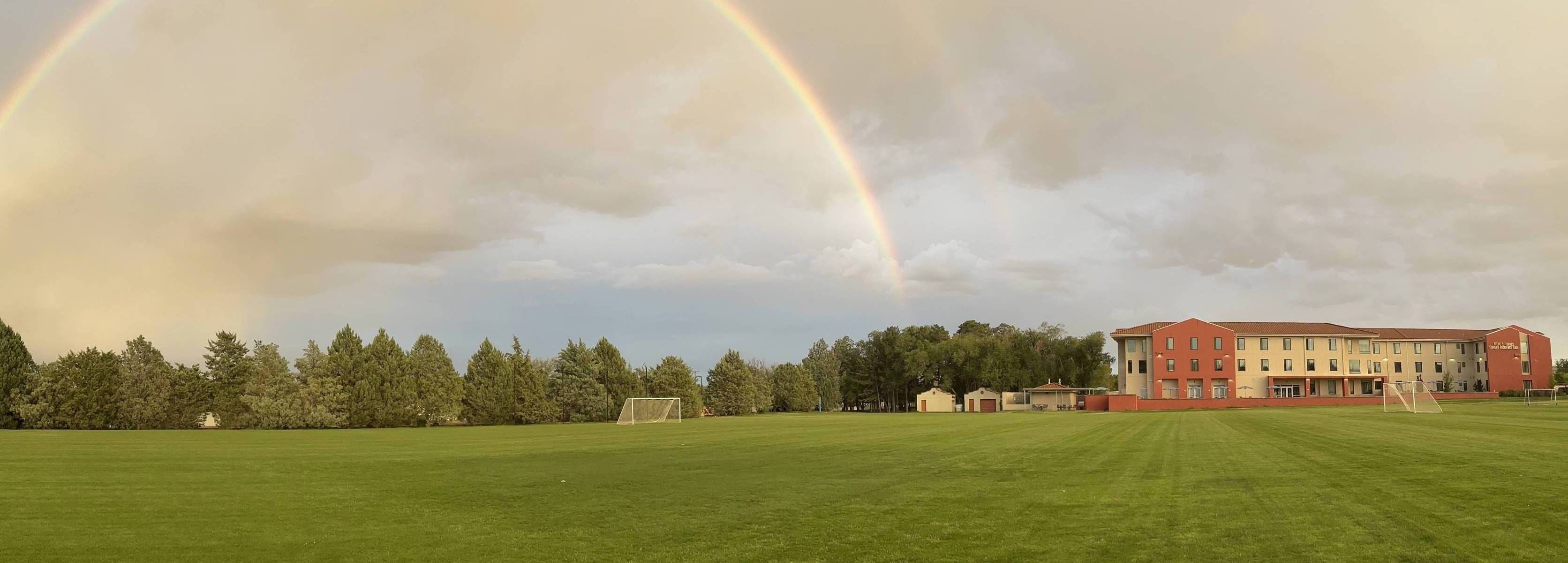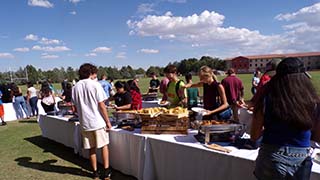
Housing & Residential Life
Mission Statement:
The Office of Housing & Residence Life cultivates a residential experience that is safe, supportive, and equity-minded by creating holistic growth opportunities that align with the Division of Student Life’s Mission.
Vision Statement:
The Office of Housing & Residence Life aspires to build a residential experience that is research-driven and assists students in reaching their fullest potential.
Diversity Statement:
The Office of Housing & Residence Life is committed to establishing an inclusive and equitable residential experience that supports and celebrates every student within our communities.
New Mexico Tech Events
There are many ways to get engaged and involved on campus. techConnect is a great place to find out what is happening on campus and how you can get engaged.
Housing News & Important Dates:
- Housing Applications for Fall 2026 are now open.
Contact Housing & Residence Life:
Phone: 575-835-5900
Fax: 575-835-5907
Email: Residential_Life@nmt.edu
Location: Fidel Suite 253
Office Hours: Monday - Friday 8:00 am-5:00 pm
After Hours: Call Campus Police at 575-835-5434
Staff Page: Housing & Residence Staff
Documents, Forms, and Policies:


